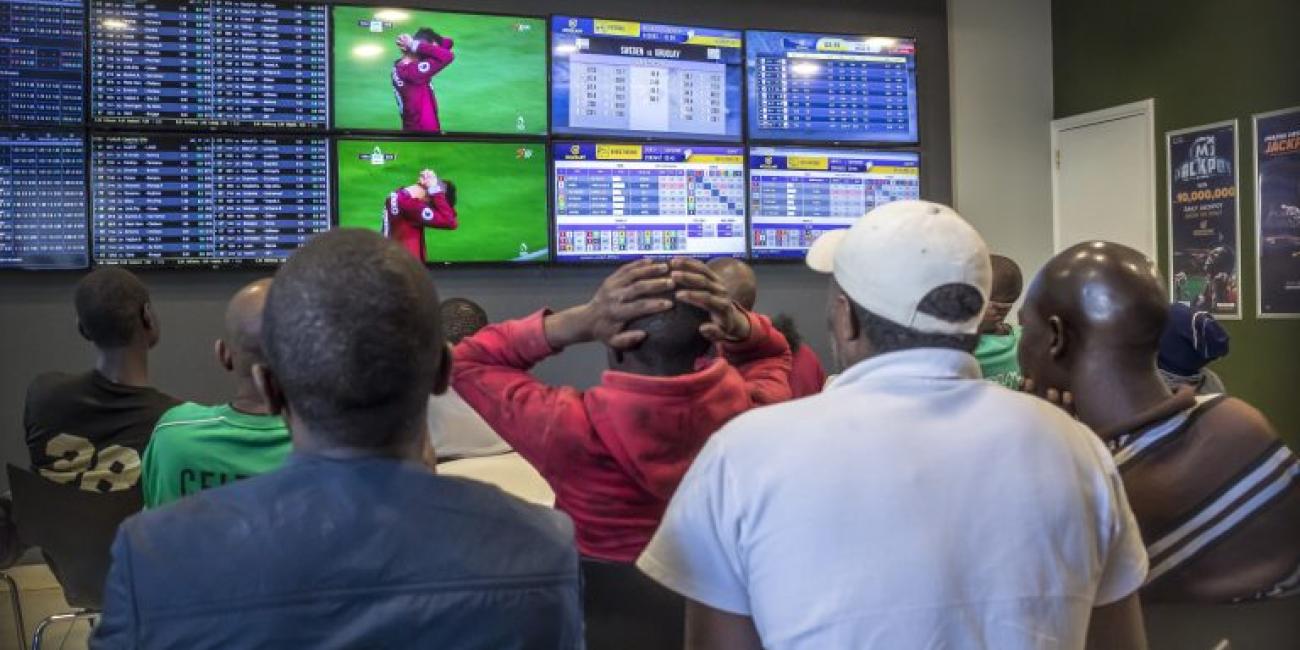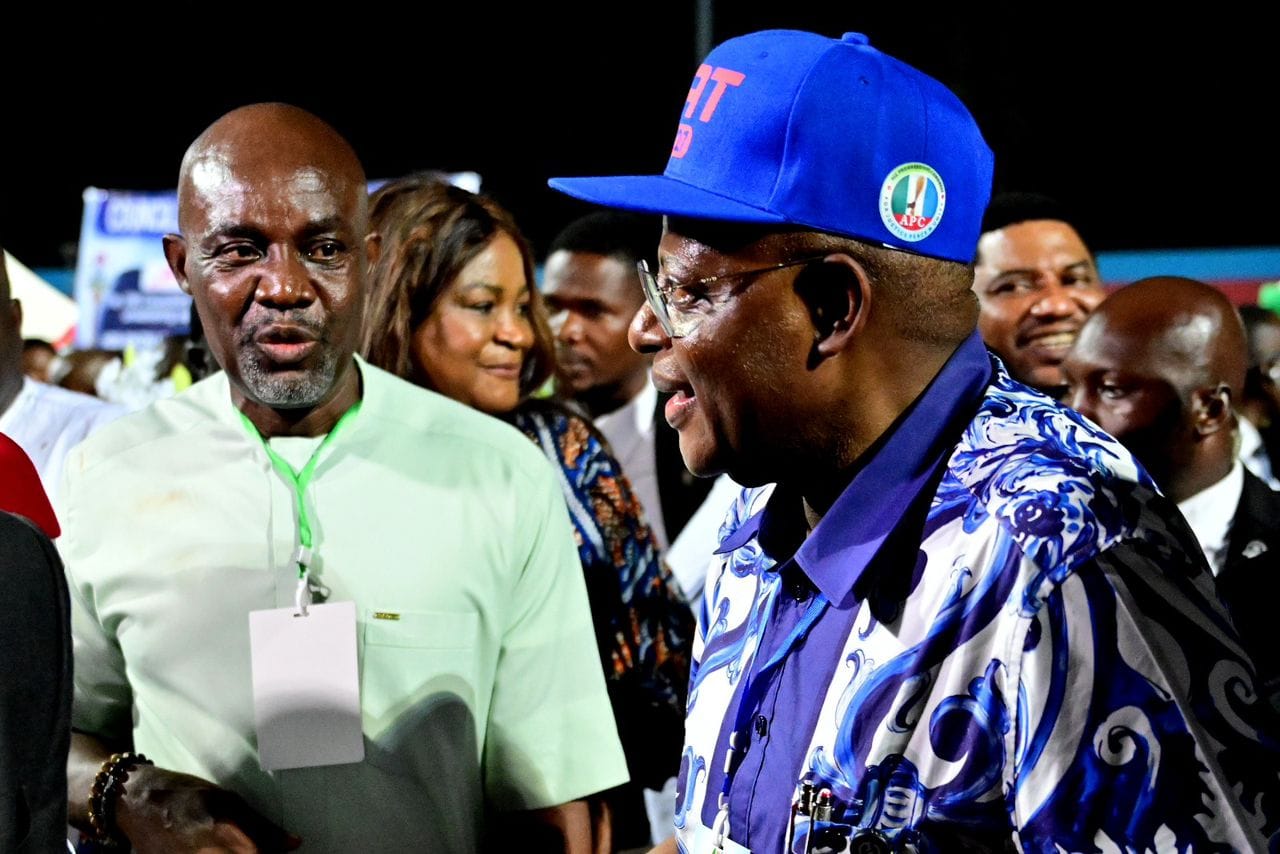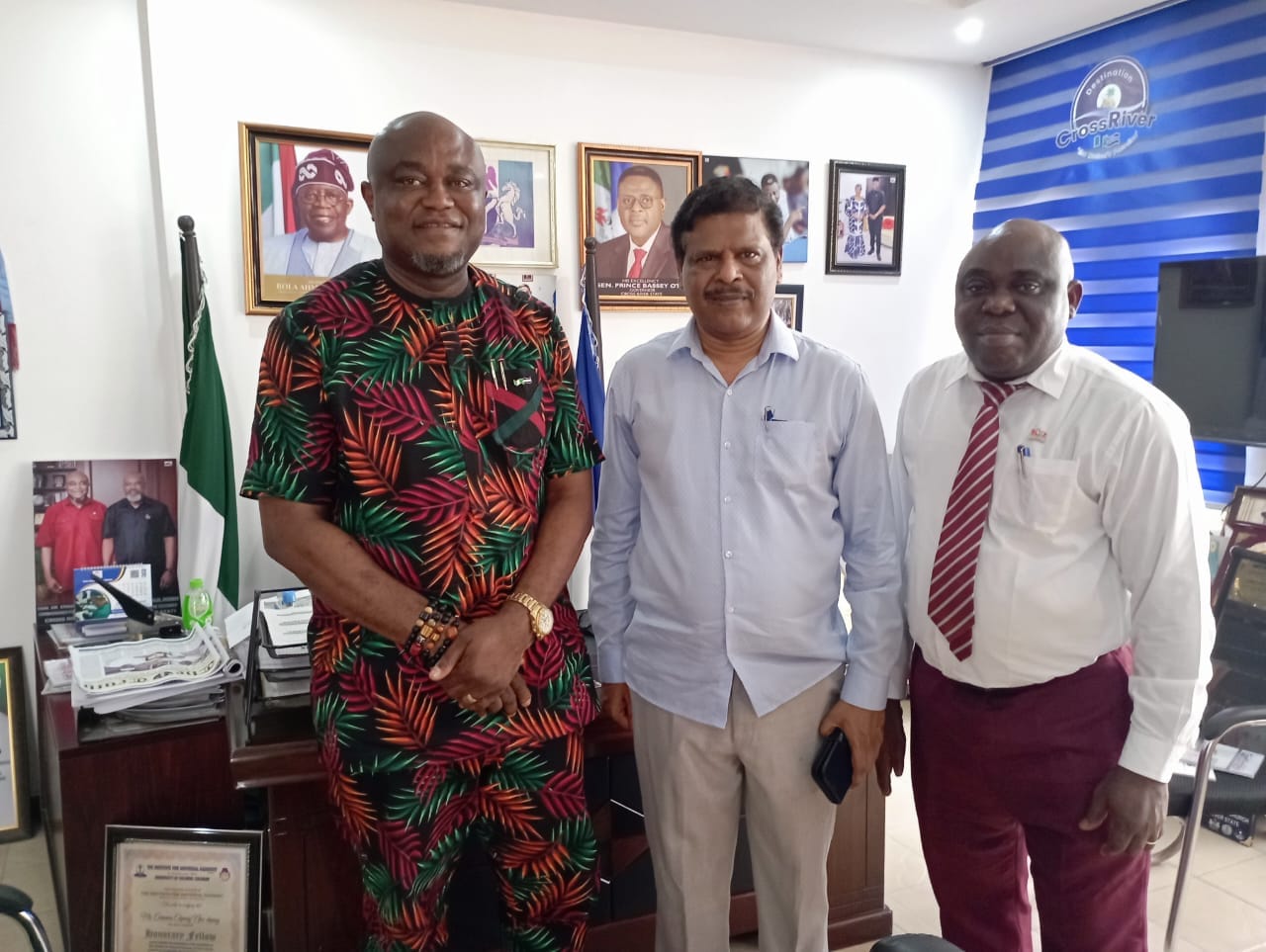The Director-General of the Cross River State Lotteries and Gaming Agency, Mr. Michael Eja, has projected that the newly introduced reciprocity licensing framework of the Federation of State Gaming Regulators of Nigeria (FSGRN) will significantly expand revenue streams for State Governments while boosting investor confidence in Nigeria’s gaming sector.
Speaking with journalists in Lagos, Eja explained that the federation, which currently has 25 member states, designed the reciprocity system to remove duplication of licensing requirements, improve regulatory efficiency, and foster a unified investment climate for operators.
According to the DG, under the new framework, any license issued must be jointly endorsed by all member states.
This allows gaming operators to run businesses seamlessly across the federation without applying for multiple licenses in different jurisdictions.
Eja said the revenue-sharing arrangement ensures that all states benefit financially while still retaining their powers of regulation, monitoring, and enforcement under state laws.
“The real innovation here is in the revenue model,” he stated. “By harmonising licensing and sharing revenues, states will see a measurable increase in internally generated revenue (IGR) while providing clarity and certainty to investors.”
The DG noted that the framework has the potential to transform the gaming sector into a multi-billion-naira revenue source for sub-national governments, given the industry’s rapid growth and strong investor appetite.
He urged state governors, attorneys-general, and lawmakers at both the state and federal levels to give their full support, stressing that the initiative could position Nigeria as one of Africa’s leading regulated gaming markets.
The Agency also reminded stakeholders that compliance with the law remains non-negotiable. Eja specifically called on banks, telecommunications companies, and food & beverage firms planning promotional campaigns during the festive period in Cross River State to obtain the necessary license from the Agency before commencing such activities.
“This measure,” he said, “is to guarantee proper regulation, safeguard consumer interests, and prevent avoidable litigation.”
Industry watchers believe the FSGRN reciprocity license could attract substantial foreign and local investment into Nigeria’s gaming sector, reduce operational bottlenecks, and provide a more sustainable model for state-level revenue mobilisation.








